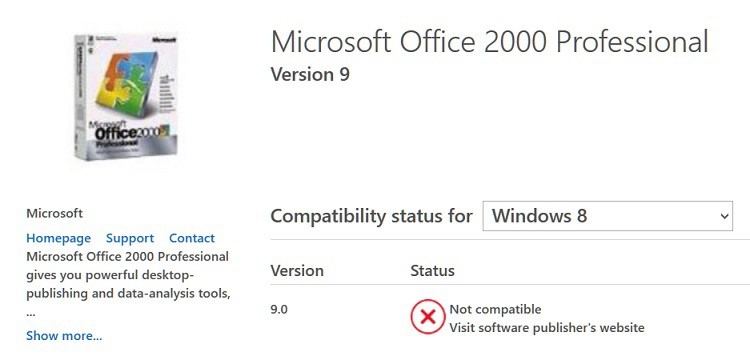

In October 2020, Google Cloud's CEO, Thomas Kurian, told staff that Google technology would not be used for immigration enforcement at the southern border, CNBC reported at the time. Google, in particular, said after several employee protests that it would not work on immigration-enforcement contracts with ICE or CBP. They also raise questions about the tech giants' willingness to audit their own contracts, especially in light of employee protests or even internal policies against doing such work. Together these details shed new light on not only the long reach of cloud giants but the many ways these companies continue to contribute to the machinery of the US immigration system, intentionally or unintentionally. It's unclear how many other contracts exist that are tied to these companies but do not mention their involvement. Insider found these contracts because their descriptions named Google, Amazon, Microsoft, or their services. One recent ICE deal, for a data-mining tool called RAVEn, uses Amazon Web Services.Įmployees are often not aware of the practice, though industry insiders say that using third parties is common, especially for big tech companies.
#Microsoft office 2002 amazon professional
In others, including more than a dozen active contracts, the companies supply cloud services or professional tools for surveillance or immigration enforcement. In some cases, Amazon, Google, and Microsoft provide clerical tools, like the Google Workspace suite or Microsoft Office, to ICE and CBP. This tactic, in which the companies use third parties or act as subcontractors to sell their technology, has helped these tech giants quietly secure dozens of cloud contracts with Immigration and Customs Enforcement and Customs and Border Protection, Insider has found.
Amazon, Google, and Microsoft have repeatedly used a common tactic to sidestep public scrutiny and work with US immigration agencies, despite employee backlash and some company policies against doing such work.


 0 kommentar(er)
0 kommentar(er)
